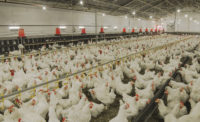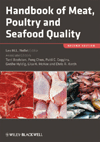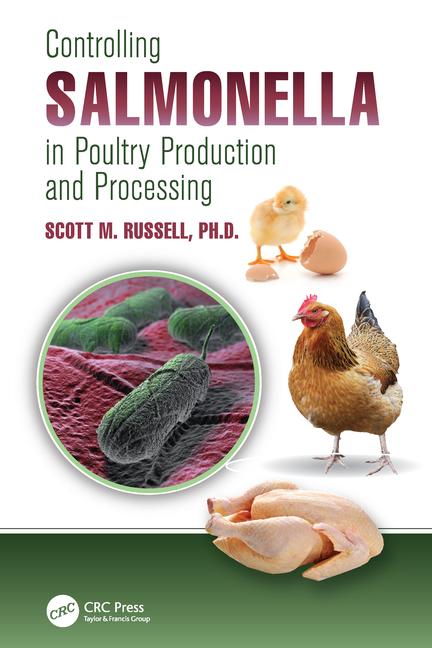Commentary | Poultry Perspectives
Research targets re-emerging blackhead disease in the turkey and chicken industries

Blackhead disease is an important disease in the commercial turkey and chicken industries. The disease is introduced to turkeys by transmission of the eggs of the cecal worm Heterakis gallinarum by contact with chickens or chicken litter. This worm acts as the intermediate host of the parasite Histomonas meleagridis, causative agent of blackhead disease. Because of the ban of efficacious drugs for prophylaxis and therapeutic purposes, blackhead disease has become an important re-emerging disease in both turkeys and chickens. No products or vaccines are currently available for the treatment or prevention of blackhead.
In 2019, the USPOULTRY research program deemed controlling blackhead disease an area of critical need in the poultry industry. Thus, the USPOULTRY Foundation and Association decided to tackle this issue head on as a board research initiative (BRI). The BRI operates separately and does not compete for funding or resources with the traditional USPOULTRY Comprehensive Research Program. The BRI releases two special requests for proposals on specific topics each year. These topics are chosen by the boards of directors of USPOULTRY and the USPOULTRY Foundation. The request for proposals (RFP) released by the BRI are very focused and specify the research questions and areas of focus sought in the research proposals.
In October 2019, USPOULTRY released an RFP on “Improved measures for controlling blackhead disease in turkeys and chickens.” The request was aimed at finding innovative methods that can be developed to prevent or treat blackhead disease in turkeys and chickens. We asked researchers and scientists to focus their proposals on one of three areas: development of vaccines and vaccine strategies to prevent blackhead disease in turkeys and chickens; identification of alternative chemotherapeutic agents to control blackhead disease in turkeys and chickens; and identification of potential insect vectors of cecal worms in turkeys and chickens.
A significant number of proposals were received, and they are being evaluated by the Foundation Research Advisory Committee (FRAC), which consists of 15 industry technical experts. Submitted proposals touched on all three of the aforementioned areas of emphasis, including the development of a novel vaccine for blackhead, investigating vectors of cecal worms on poultry farms, examining unique compounds that might inhibit the growth of histomas and many other encouraging ideas and concepts.
The FRAC will recommend one proposal to be funded for up to $125,000 after evaluating and ranking each of them. It is our intent that the outcome of this BRI will lead to finding a way to aid producers in developing blackhead prevention, decontamination and treatment strategies, thus reducing the potential for blackhead outbreaks. NP
Looking for a reprint of this article?
From high-res PDFs to custom plaques, order your copy today!









